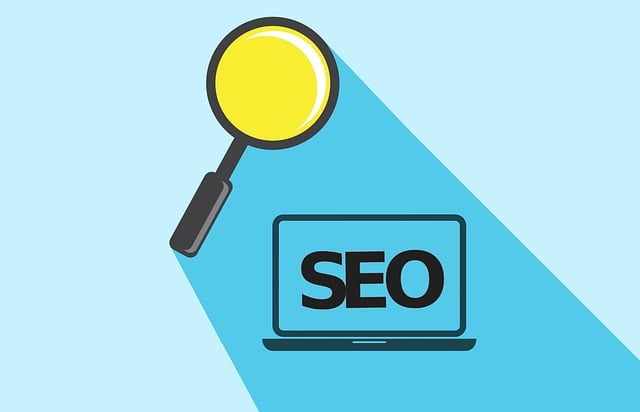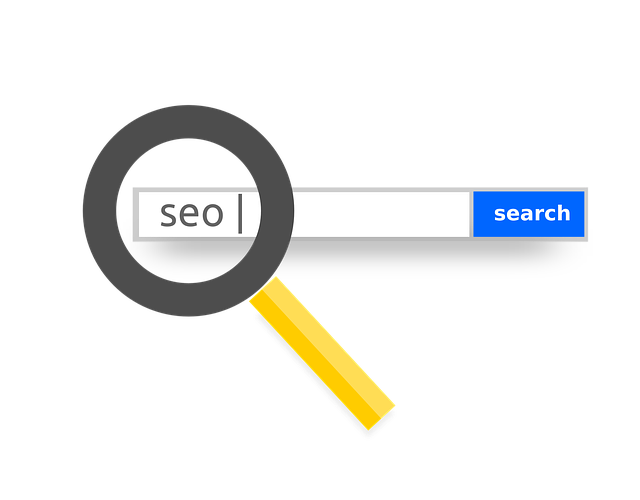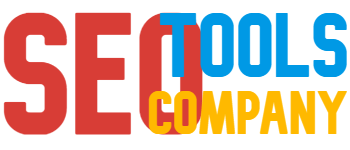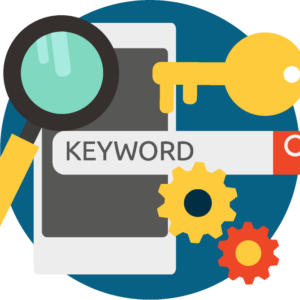Introduction
Off-page optimization refers to the techniques that can be used to enhance the visibility and ranking of a website on search engine results pages (SERPs) through methods that are external to the website itself. The primary goal of off-page optimization is to increase the relevance, trustworthiness, and authority of a website in the eyes of search engines. This is done by building high-quality links, promoting the website on social media, and other channels, and creating content that is valuable and shareable. In this article, we will discuss various off-page optimization techniques, their importance, and benefits.

Off-page Optimization Techniques
Link Building
Link building is the process of acquiring links from other websites that point to your website. These links are also called backlinks or inbound links. Search engines consider backlinks as a vote of confidence for a website, and they use them to determine the relevance, authority, and trustworthiness of a website. Therefore, the more high-quality backlinks a website has, the higher it is likely to rank on SERPs.
There are several ways to acquire backlinks, including:
• Guest Blogging: This involves writing and publishing blog posts on other websites in your niche. In return, you can include a link back to your website in the author bio or within the content.
• Broken Link Building: This involves finding broken links on other websites and reaching out to the website owner to inform them of the broken link. You can then suggest that they replace the broken link with a link to your website.
• Link Reclamation: This involves finding mentions of your brand or website on other websites that do not include a link back to your website. You can then reach out to the website owner and request that they add a link back to your website.
Social media marketing involves promoting your website on social media platforms such as Facebook, Twitter, Instagram, and LinkedIn. Social media platforms provide an excellent opportunity to reach a large audience, increase brand awareness, and engage with potential customers.
To optimize your social media marketing efforts, you should:
- Create profiles on all relevant social media platforms
- Share your website content on social media
- Engage with your followers and respond to comments and messages promptly
- Use relevant hashtags to increase the visibility of your posts
Content Marketing
Content marketing involves creating valuable and shareable content that can attract backlinks and social media shares. The goal of content marketing is to establish your website as a thought leader in your niche and provide value to your target audience.
Types of content that can be used for content marketing include:
- Blog Posts
- Infographics
- Videos
- Whitepapers
- eBooks
- Case Studies
Influencer Marketing
Influencer marketing involves partnering with influencers in your niche to promote your website and its products or services. Influencers are individuals who have a significant following on social media and can influence their followers’ purchasing decisions.
To start with influencer marketing, you should:
- Identify influencers in your niche
- Reach out to them and establish a relationship
- Collaborate with them to create content that promotes your website
- Monitor the performance of the campaign and adjust your strategy accordingly
Local SEO
Local SEO involves optimizing your website for local search results. This is particularly important for businesses that operate in a specific geographical location.
To optimize your website for local SEO, you should:
- Include your business name, address, and phone number on your website
- Create a Google My Business listing
- Encourage customers to leave reviews on your Google My Business listing
- Use local keywords in your website content and meta tags
Importance of Off-page Optimization
Off-page optimization is essential for the following reasons:
Increases Website Visibility
Off-page optimization techniques such as link building, social media marketing, and influencer marketing can increase the visibility of a website by creating backlinks and social media shares. This, in turn, can increase the likelihood of a website appearing on the first page of SERPs, which is crucial for driving traffic to the website.

Search engines consider backlinks as a vote of confidence for a website. Therefore, the more high-quality backlinks a website has, the more authoritative it is considered by search engines. This can result in a higher ranking on SERPs, which can lead to more traffic, leads, and sales.
Improves User Experience
Off-page optimization techniques such as social media marketing and influencer marketing can help create a positive image of a website in the minds of potential customers. This can improve the user experience by creating a sense of trust and credibility. Positive reviews and social media mentions can also encourage potential customers to visit a website, leading to increased traffic and conversions.
Boosts Brand Awareness
Off-page optimization techniques such as social media marketing and influencer marketing can increase brand awareness by reaching a large audience. By partnering with influencers, businesses can promote their brand to a larger audience and create a positive image of their brand. This can lead to increased brand recognition, which can lead to more traffic, leads, and sales.
Benefits of Off-page Optimization
Increased Traffic
Off-page optimization techniques such as link building and social media marketing can lead to increased traffic to a website. By creating backlinks and social media shares, potential customers can find a website more easily, leading to more traffic and potential sales.
Improved Conversion Rates
Off-page optimization techniques can also improve conversion rates by creating a positive image of a website in the minds of potential customers. By establishing trust and credibility through backlinks and social media mentions, potential customers are more likely to convert into paying customers.
Increased Brand Awareness
Off-page optimization techniques such as social media marketing and influencer marketing can increase brand awareness by reaching a larger audience. By promoting a brand to a larger audience, businesses can increase brand recognition and create a positive image of their brand.
Improved Search Engine Ranking
Off-page optimization techniques such as link building and social media marketing can improve search engine ranking by creating high-quality backlinks and social media mentions. This can lead to a higher ranking on SERPs, which can lead to more traffic, leads, and sales.
Conclusion
Off-page optimization techniques such as link building, social media marketing, and influencer marketing are essential for improving the visibility and ranking of a website on SERPs. By creating high-quality backlinks and social media mentions, businesses can establish trust and credibility with potential customers, leading to increased traffic, leads, and sales. Off-page optimization is also important for building website authority and improving the user experience. By using a combination of these techniques, businesses can improve their online presence and achieve their marketing goals.




